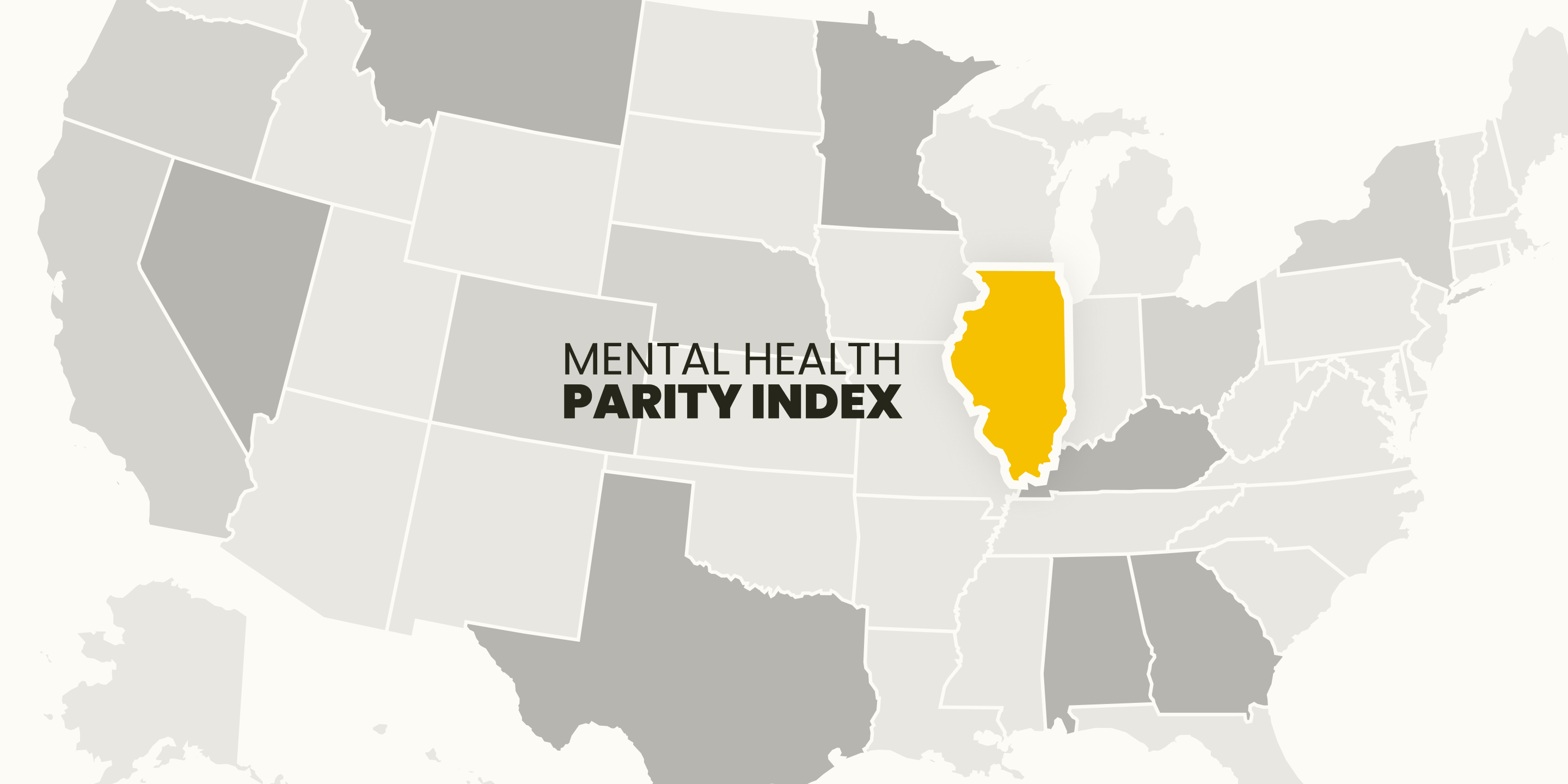Nathaniel Counts, Chief Policy Officer at The Kennedy Forum, shares how the Mental Health Parity Index is helping turn transparency into action—giving stakeholders a clear, shared view of where mental health coverage gaps exist, what it takes to achieve parity, and how the Index can expand to drive change nationwide.

The Mental Health Parity Index brings long-overdue visibility into how mental health and substance use disorder services are reimbursed and contracted compared to physical health.
While the Mental Health Parity and Addiction Equity Act of 2008 requires parity in coverage, the reality on the ground has been far harder to measure. Gaps have remained hidden behind complex data, inconsistent reporting, and years of claims-based analysis that lag behind real-time conditions.
The Index changes that—making transparency the starting point. Built on vast public datasets now released monthly by insurers, it turns raw, hard-to-analyze data into a clear view of what coverage and access looks like today for mental health and substance use disorders.
What sets the Mental Health Parity Index apart isn’t just what it reveals, but what it makes possible.
By applying a standardized methodology and visual framework, the Index offers regulators, insurers, employers, and advocates a common language for analyzing and acting on data.
Rather than relying on siloed analyses or case-by-case reviews, stakeholders can now work from the same source of truth, reducing regulatory complexity and leading to more productive conversations, faster and with greater alignment.
Gaps in coverage are no longer theoretical. They're measurable. And that clarity is unlocking new pathways for change.
The Index offers all stakeholders a starting point to engage more meaningfully:
The gaps shown in the Mental Health Parity Index can help shape provider participation, improve access to care, and reduce out-of-pocket costs for individuals. Putting this data to work could create a more balanced system and stronger outcomes:
While the Mental Health Parity Index launched in Illinois, its design makes it scalable across states, plans, and markets. And momentum is already building.
To fully realize the potential of the Mental Health Parity Index, sustained effort and collaboration will be essential. Looking ahead, priorities include:
The Index offers a path toward meaningful improvements in access, reimbursement, and outcomes.
The Mental Health Parity Index is a free, open-source platform provided by The Kennedy Forum, in collaboration with founding strategic partners Third Horizon and the American Medical Association, and powered by InterKnowlogy.
→ Explore the Parity Index
→ Discover Third Horizon’s work in transforming health and social systems to better serve communities.
→ Learn how InterKnowlogy’s Enterprise Insights Platform powers tools like the Mental Health Parity Index — making complex data accessible, scalable, and actionable across industries.


